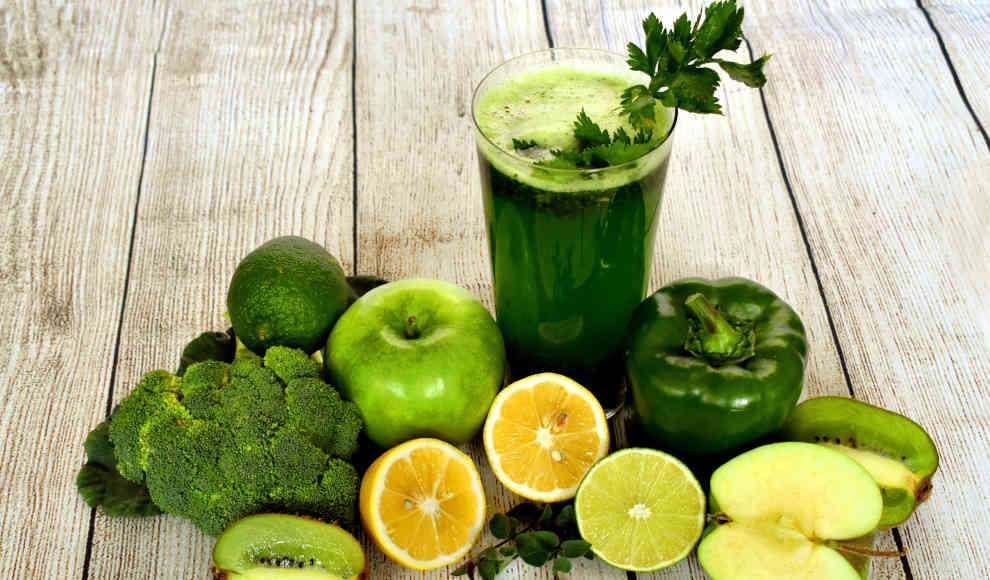Green vegetable juice contains nitrate, which is converted into a natural anti-inflammatory agent by bacteria in the oral cavity. The juice treatment significantly reduces chronic gum inflammation after just two weeks. Nitrate plays a central role in plant development and is stored in the leaves during growth. Humans then consume it through their diet, with particularly high levels found in green vegetables such as spinach, chard, and arugula. For a long time, research has assumed that excessive nitrate levels are harmful to human health, as metabolism converts nitrate to nitrite. Nitrite is not harmful to health, but it can be converted into nitrosamines, which can cause cancer. However, a study published in The Journal of Clinical Periodontology shows that the problematic ingredient also has health-promoting effects on the human body.
The scientists at the University Hospital of Würzburg and the University of Hohenheim investigated the effect of arugula and spinach juice on dental health. The study involved 44 patients with chronic gum inflammation, who were given a commercially available vegetable juice daily for two weeks. 23 of the study participants received the unmodified juice including nitrate, while the remaining 21 participants received only a placebo, with the natural nitrate filtered out. After just two weeks, the dental professionals were able to observe a noticeable reduction in gum inflammation in the participants who received the nitrate-containing juice. Improvements in the group that received the placebo, i.e., the juice without nitrate, were not observed.
The particularly noticeable effect in the oral cavity is caused by about a quarter of the nitrate consumed through food entering the blood through digestion and being transported to the salivary glands. In the mouth, a permanently higher nitrate concentration is created, which is still measurable hours after drinking the vegetable juice. Bacteria that occur in the mouth, throat, and between the teeth then convert the nitrate into nitrite. The antimicrobial effect suppresses harmful bacteria that are partly responsible for gum inflammation. In addition, nitrogen monoxide is released in the conversion process, which also causes anti-inflammatory processes in the body. The study authors conclude that their results “are likely to reignite the health debate about nitrate from plant-based foods.” They also point out that the health effects of nitrate from vegetables and other sources such as cured meat products must be differentiated, as plant-based foods also contain large amounts of vitamin C, which prevents the formation of nitrosamines.










